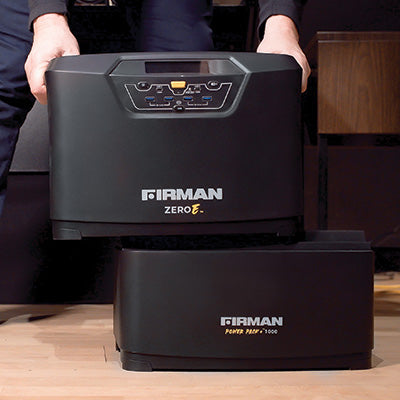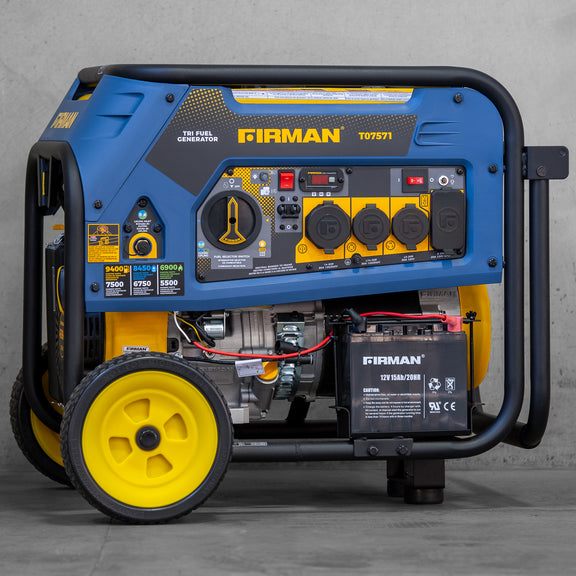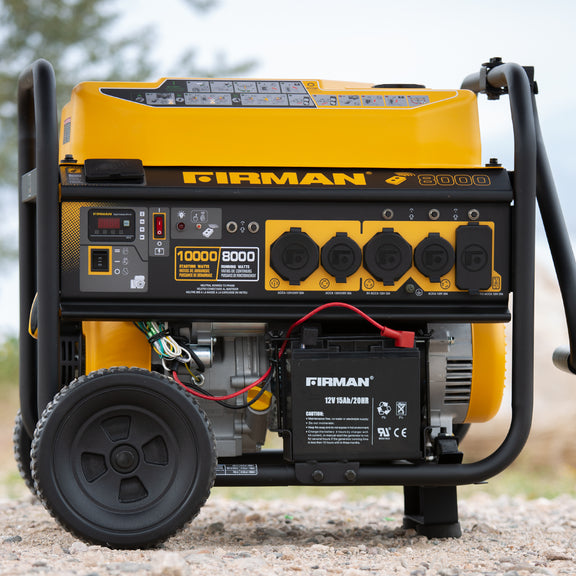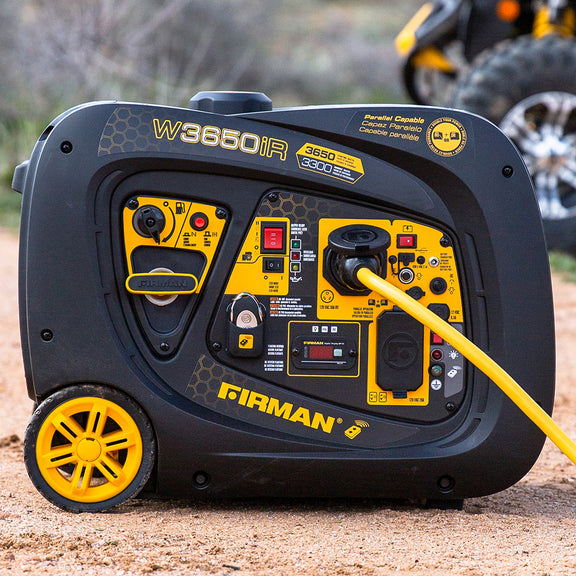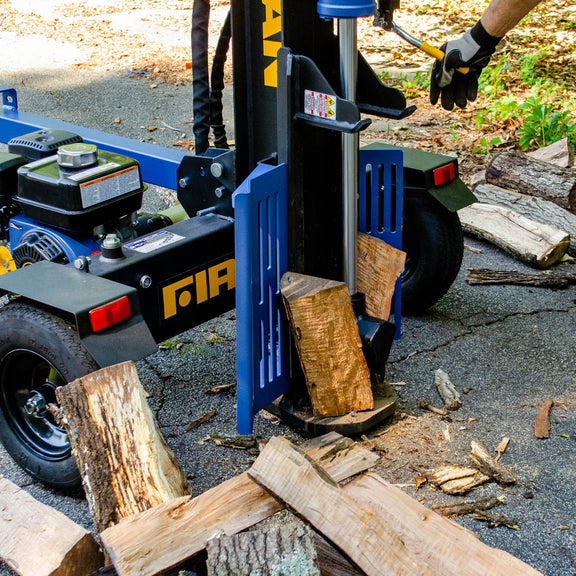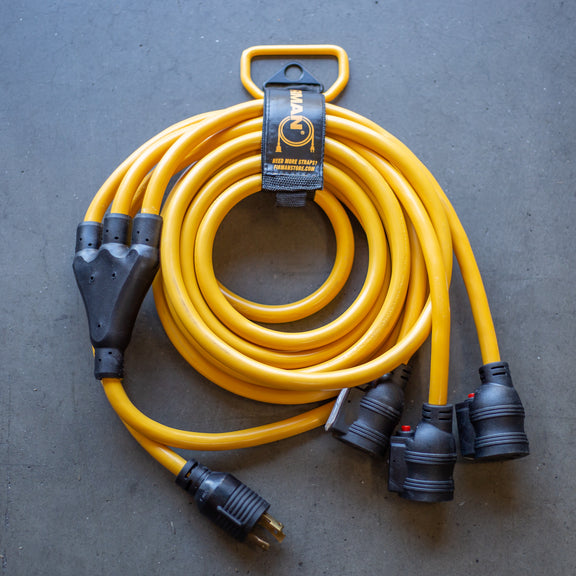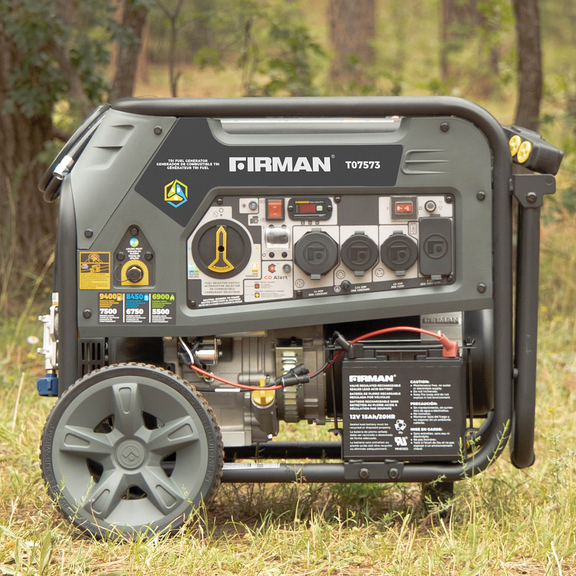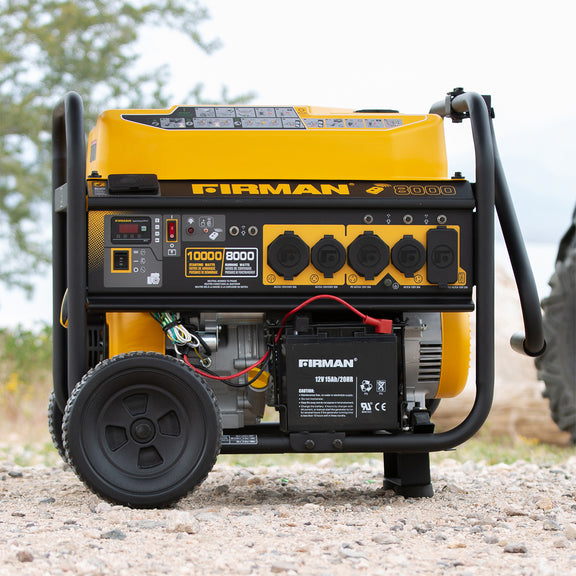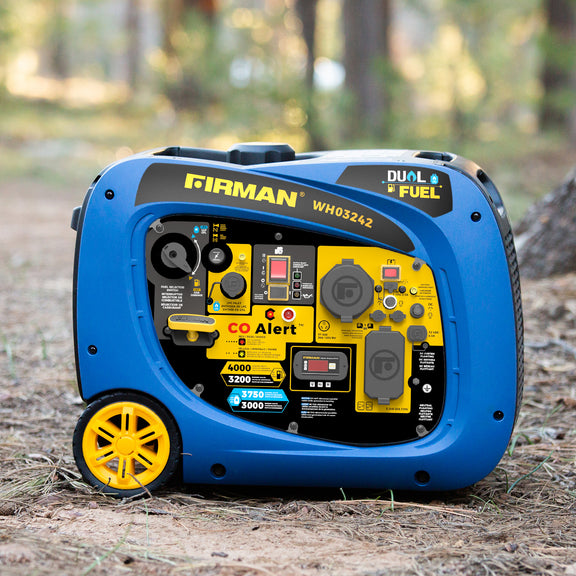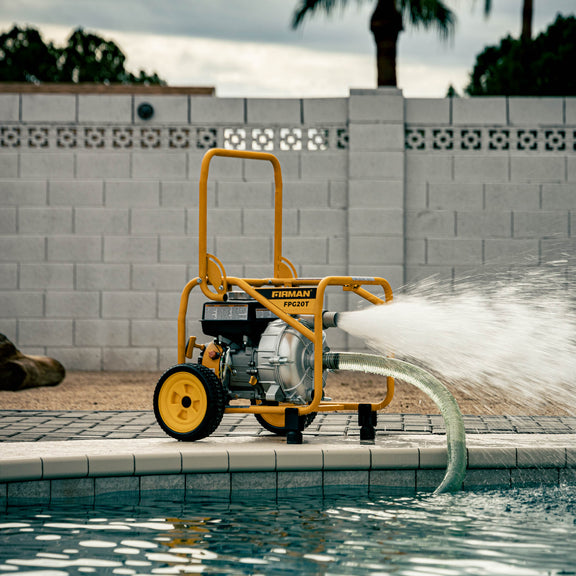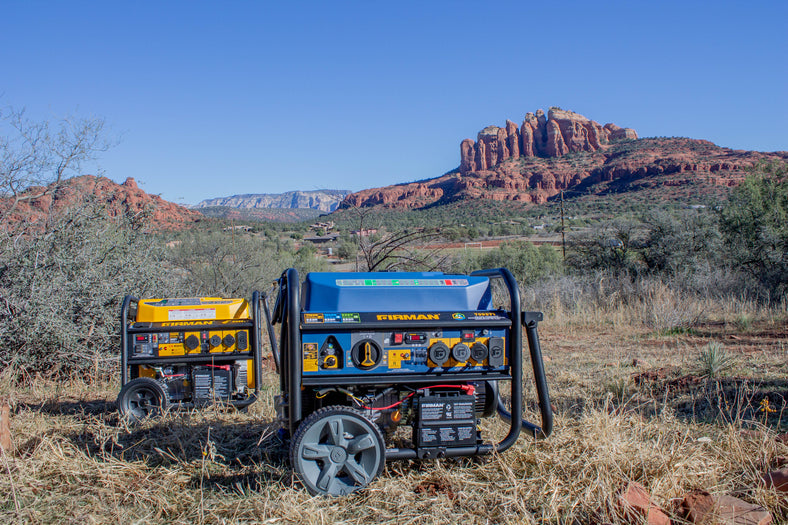
Power Outages and How to Stay Prepared
Power outages can be inconvenient and even deadly. Backup power is essential to keeping you and your family safe. It’s important to know the causes of power outages and how to prepare for one. In this blog, we list the 8 major reasons for Power Outages and what you can do to be prepared.
- Severe Weather
Severe weather is the most common cause of Power Outages. The 4 major types of severe weather to cause Power Outages are high winds, lightning, snow, and ice. It is important to be up to date with your local weather.
- Fallen Trees
High winds, heavy snow, and Ice are the major reasons of fallen trees. Fallen tree debris can cause random power outages when they take down utility poles or wires.
- Automotive Vehicle Collisions
Vehicle collisions with utility poles cause power outages on a local scale.
They can happen at any time and for several reasons such as reckless driving, inclement weather, impaired driving, and distracted driving.
- Equipment Failure
Electrical equipment that provides power can sometimes be defective, interrupted or worn out over time. Power supply requires complex equipment that can stop working for several reasons. It can take hours and even days to fix them and get power up and running again.
- High Energy Demand
High energy demand tends to occur during the Summertime and Wintertime when air conditioning units are working overtime. This causes an excessive draw of energy that can overload the system and cause Power Outages.
- Earthquakes
Earthquakes are unpredictable. Quakes of all sizes can cause significant amounts of damage to disrupt power supply at any time. Earthquakes can also lead to lingering threats such as fires and tsunamis if close enough to coastal areas.
- Construction Work/ Yard Work
Excavation digging can sometimes disrupt underground cables - Even simple yard work digging has the potential of causing power Outages. It is important to call number 811 before you plan on digging.
- Planned Power Outages
Most planned power outages happen during normal business hours to minimize inconvenience to the customer. If repairs or maintenance cannot be finished within the scheduled time, electric companies will most likely schedule another Power Outage for the following day.
Types of Power outages
Permanent fault: Contrary to the name, a permanent fault is not permanent. Faults are caused by unusual or unbalanced voltage or currents, or a stoppage in the flow. Permanent faults mean that the electrical issue cannot fix itself or reset without someone being sent to deal with the fault itself.
Brownout: During a Brownout, power is temporarily reduced. This means that power is not completely cut, but instead on a reduced power supply. Rolling Brownouts are used to reduce power by sections across the power grid to prevent the power grid from being overloaded.
Blackout: Blackouts are the most distressing of Power Outages. Recouping power can be extremely difficult because power stations can trip and shut off the grid. Black outs can last for hours, days or even weeks.
Being Prepared
Failure to prepare is preparing to fail. Power outages during severe weather can be unpredictable and being caught in the middle of a Power Outage can even be deadly.
Power Outages may:
- Disrupt communications, water, and transportation
- Close services such as gas stations, grocery stores, ATMs, and banks
- Cause food spoilage and water contamination
- Prevent use of medical equipment
How to protect yourself in the case of a Power Outage
Preparing For the Power Outage
Make sure you have the proper fuel sources for your generator on hand. Gasoline can expire within 3 to 6 months - Natural gas and Propane have no expiration date. Read your Maintenace Manual to stay up to date with scheduled maintenance intervals such as oil and spark plug changes.
Having alternative energy sources is ideal such as batteries, power banks and portable chargers. Determine how long these alternative energy sources will last you.
Have flashlights ready for every member of your household.
Know Your Medical Needs
It is important to speak with your medical provider about your medical devices that require electricity in the case of a Power Outage – this includes medication that requires refrigeration. Be informed on specific guidance of medications that are critical to life.
Food Storage
It is important to have an ample supply of nonperishable foods and water for every member of your household. Refrigerators can hold their temperature for about 48 hours. It is also a great idea to have coolers with ice readily available for extra storage. Be sure to check that the temperature is 40 degrees or lower – Above 40 degrees can cause some food to spoil.
In conclusion
Always plan and be prepared in the event of a Power Outage - Don’t be caught by surprise. Have your generator prepped and ready for whatever life may throw at you. These could be life-saving measures for you and your family.
